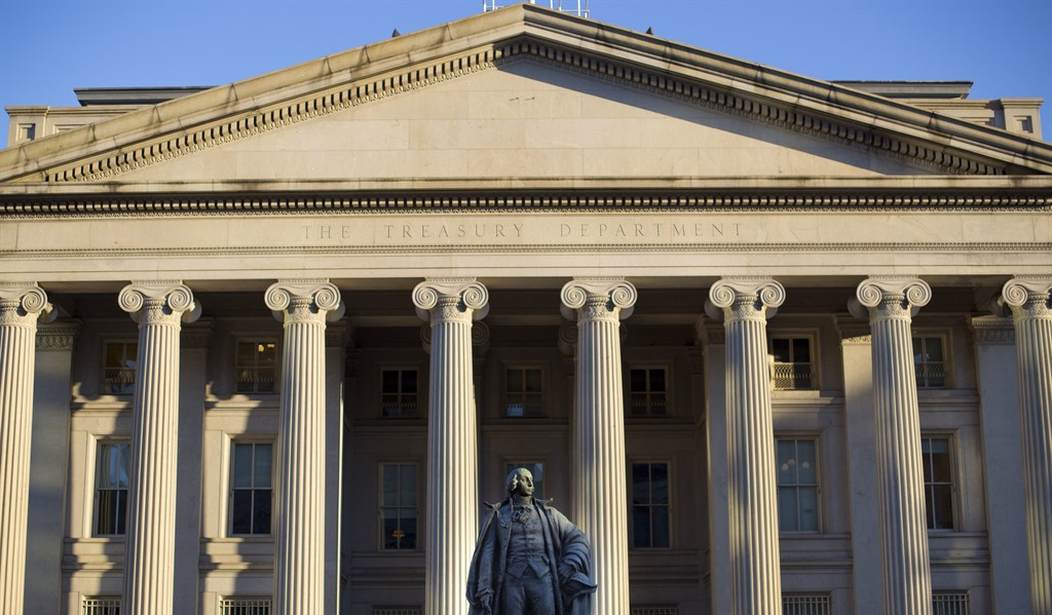What is truth? "Beauty is truth, truth beauty,—that is all Ye know on earth, and all ye need to know," wrote John Keats in his epic "Ode on a Grecian Urn."
It's obvious that Mr. Keats never met an American politician in the early 21st century.
Disinformation, misinformation, outright lies, and other kinds of prevarications have always been how politicians communicate to the voters since the beginning of the republic. But we've entered a new age, an age of partisan truth where narratives are created that appeal to specific groups of voters who care even less about "truth" than the politicians themselves.
Hence, we have narratives like "January 6 was instigated by government agents" and "Donald Trump organized the attempt to overthrow the government on January 6." Neither narrative is true. Both narratives were created to appeal to rabid partisans in both parties.
There's probably no way back to the kind of "truth" that Keats knew. All we can do going forward is to create our own "truth bubble" that repels partisan falsehoods while using reason and common sense to find a kind of "objective truth" that most media refuse to strive for.
It's a tall order when the information that comes our way is warped by viewing the world through biased lenses. I've heard journalists today say it can't be helped because a reporter's take on reality is informed by his or her own life experiences. That may be true to a certain extent. But to simply give in to the bias because it's too hard to filter it out is unacceptable.
We can do better. If not, the rapid decline of the news business will continue. Where it ends is something we should probably ask blacksmiths and wheelwrights.
We might start by calling out all politicians for their lies and half-truths with equal force regardless of party. Here's a doozy from Joe Biden's press secretary Karine Jean-Pierre.
"If you look at that data, there's a trickle-down debt. If you think about it, Republican tax cuts are responsible for about 90% of it — of the increase in the debt as a share of the economy over the last two decades, excluding emergency spending," White House press secretary Karine Jean-Pierre claimed during Wednesday's press briefing.
While we're at it, why not blame the Reagan tax cuts that slashed the top marginal rate from 73% to 28%? That top rate has since risen to 37%. But tax rates are not the problem. You could return the top tax rate to 73%, and the idea that this Congress would rein in spending is a fantasy. It will spend whatever it receives and then some.
Every effort over the last 40 years to reduce the debt has resulted in more debt. That's the truth, a truth that John Keats would have recognized.
I will only note that since the beginning of 2023, the national debt has risen an astonishing $2 trillion to $34 trillion.
The $34 trillion in total debt recorded at the end of last week represents a more than $2 trillion increase from the roughly $31.4 trillion in debt held at the start of last year. However, economists are sharply divided over the danger posed by the federal debt. Some experts argue the tide of red ink poses a threat to the nation’s overall fiscal health, while others maintain the federal government has plenty of capacity to borrow without risking an economic crisis.
Those Alfred E. Newman economists ("What? Me Worry"?) are basing their assumptions on the U.S. greenback remaining as the world's number one reserve currency. As long as the dollar remains king, the U.S. government will, indeed, have "plenty of capacity to borrow" without risking a crisis.
Suppose we go to war against China? Or Russia? A very effective weapon for both those countries would be to go off the dollar and trade in some other currency like the Chinese yuan. The yuan might replace the dollar anyway given that China will overtake the U.S. economy in the next two decades.
Another scenario sees a debt limit crisis leading to a flight from the dollar and a serious attempt to replace it as the world's reserve currency. That might be an even more plausible scenario.
It's becoming more and more difficult to recognize "truth" in our sources of information. What makes that even worse is that we, as consumers of information, don't much care one way or another.










